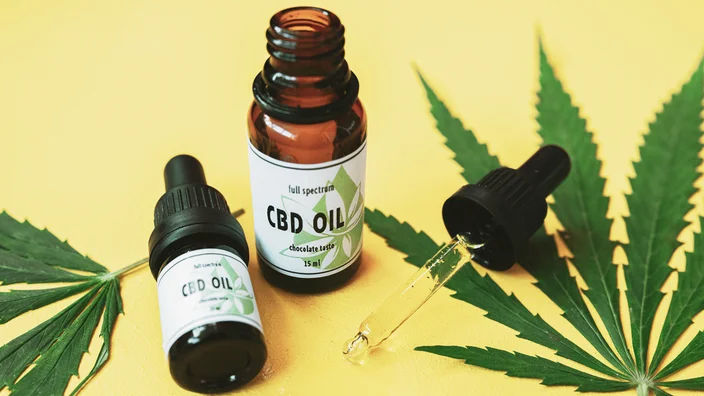CBD and cannabis products
This topic looks at the trend of using CBD and other cannabis-derived products for medicinal and therapeutic purposes, and the impact of changing laws and regulations on the industry.
The use of CBD and other cannabis-derived products for medicinal and therapeutic purposes has become a rapidly growing trend in recent years.

CBD, or cannabidiol, is one of the many compounds found in the cannabis plant. It is non-psychoactive, meaning it does not produce the “high” associated with marijuana use. Instead, people believe has various potential health benefits, such as reducing pain, anxiety, and inflammation.
Evolving attitudes towards marijuana and its legalization fuel the trend of using CBD and cannabis products for medicinal purposes.
In the U.S., medical marijuana legalization has opened doors for CBD and other cannabis-derived products in medicine. In addition, the legalization of recreational marijuana in several states has further fueled the popularity of its products.
One of the key factors driving the growth of the market is its perceived health benefits. Research has shown that has potential therapeutic effects for various conditions, including anxiety, depression, chronic pain, epilepsy, and cancer.
In addition, research has shown that has anti-inflammatory properties. Which could make it useful in treating conditions such as arthritis and other inflammatory disorders.
Another factor driving the growth of the market is the increasing availability of products. CBD is now available in a wide range of forms, including oils, tinctures, capsules, and topical creams. In addition, many companies are now producing CBD-infused foods and beverages, such as gummies, chocolates, and energy drinks.
However, the rapid growth of the CBD industry has also raised concerns about the quality and safety of products.
Due to the industry’s lack of regulation, consumers often struggle to know the contents of CBD products they purchase. In addition, there have been reports of CBD products being contaminated with harmful substances such as pesticides and heavy metals.
To address these concerns, some companies invest in third-party testing to ensure CBD product quality and purity.
In addition, there are now organizations such as the U.S. Hemp Authority that are developing standards and certifications for products.
The rise in CBD and cannabis-derived products has sparked interest in other plant compounds. THC (tetrahydrocannabinol) and CBG (cannabigerol) for their potential therapeutic benefits.
THC causes marijuana’s psychoactive effects. Experts believe CBG has therapeutic potential for conditions such as glaucoma, cancer, and inflammatory bowel disease.
However, the legality of THC and other cannabis-derived products varies widely, and their medicinal use remains debated.
Additionally, concerns about risks such as impaired driving and addiction have led experts to caution against their use.
Conclusion
The trend of using CBD and other cannabis-derived products for medicinal purposes has surged in recent years.
The availability and variety of CBD products make them appealing to consumers, despite ongoing studies on their health benefits. Yet, worries about their quality and safety underscore the necessity for increased industry regulation and oversight. 온라인카지노